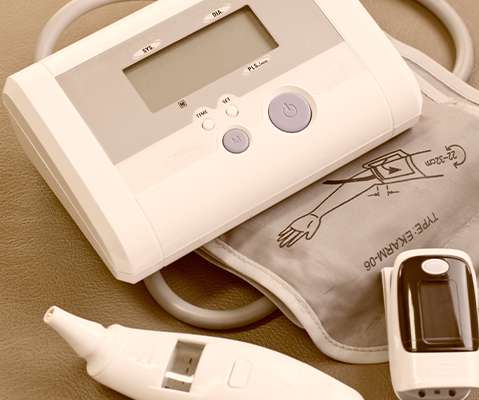Technology & RCM & AI, Oh My!
Healthcare IT Today
JUNE 27, 2023
So with all of these incredible innovations, let’s take a moment to narrow our field down to Revenue Cycle Management (RCM). How can we be using technology to optimize RCM? And even more specifically, what role can data analytics and AI play in optimizing RCM? We would love to hear from all of you as well!













Let's personalize your content